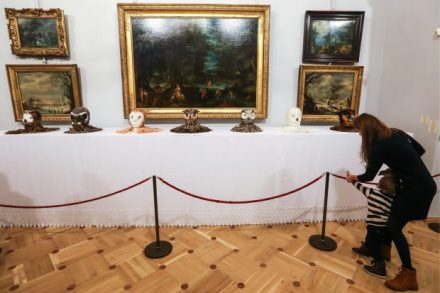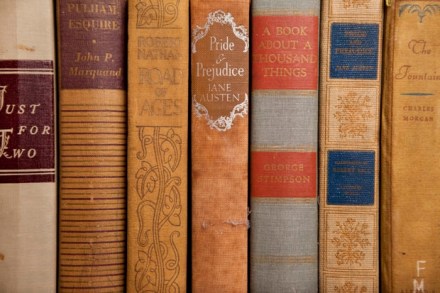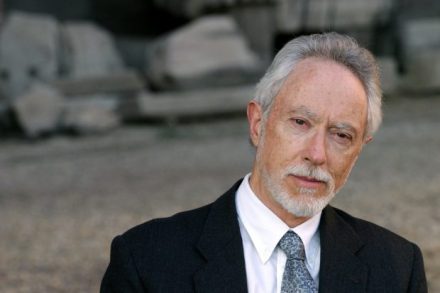The great Roald Dahl debate
In the year of Roald Dahl’s centenary, the Spectator Books Podcast decided to debate this sacred cow. Lucy Mangan, author of Inside Charlie’s Chocolate Factory, drapes garlands of flowers; while the critic James McConnachie readies the captive bolt gun… Who will you agree with? Find out by listening here: And if you enjoyed this week’s episode




















